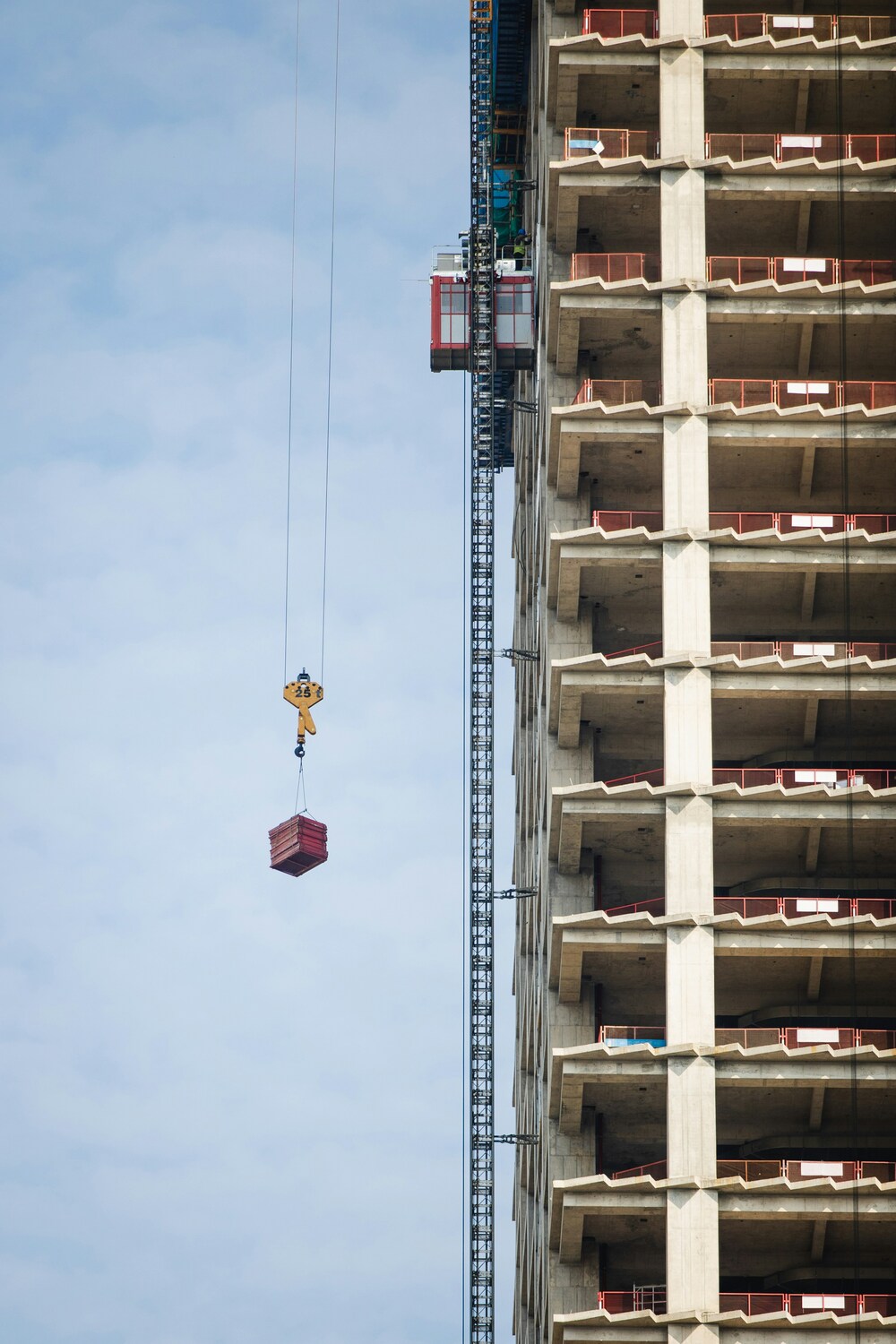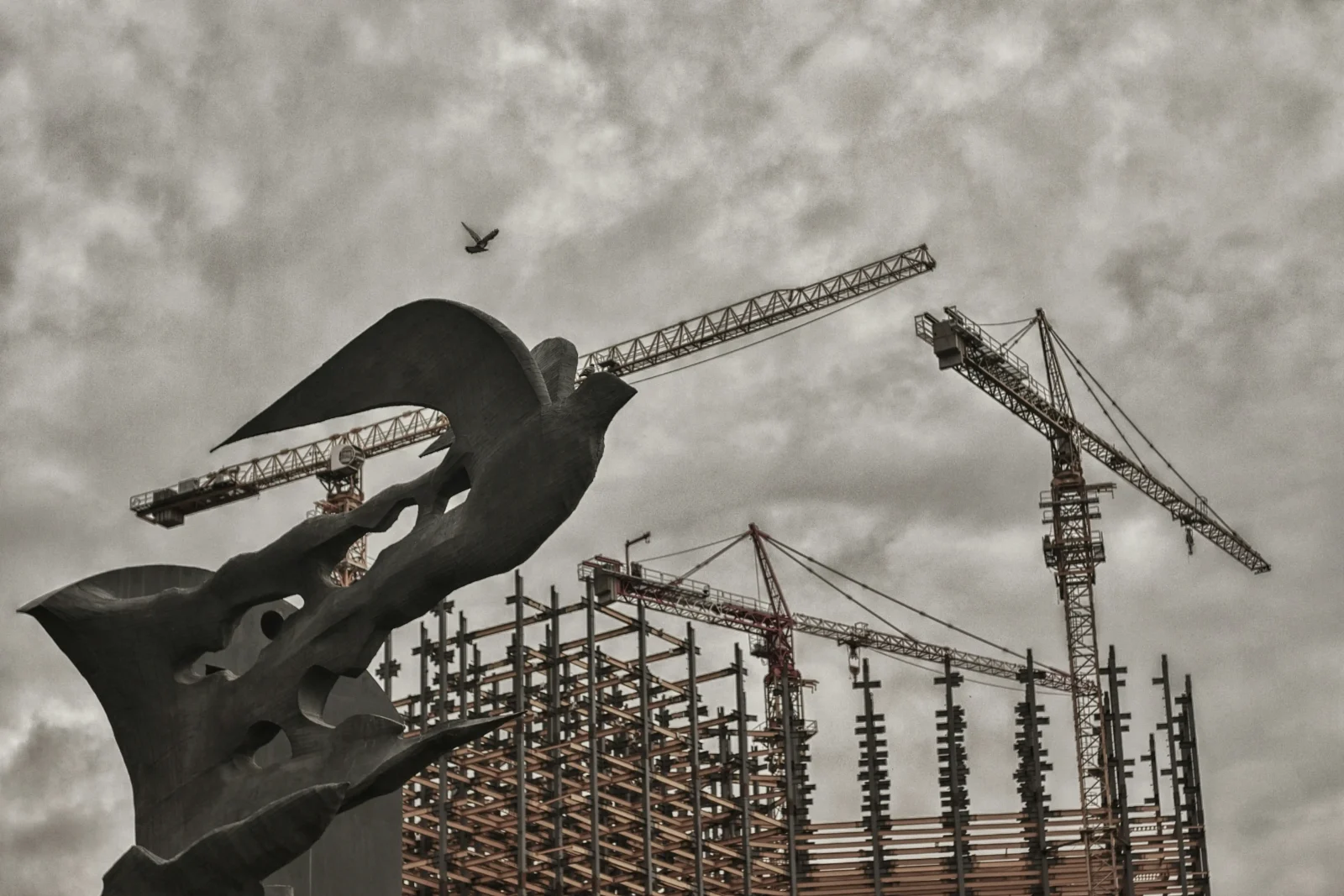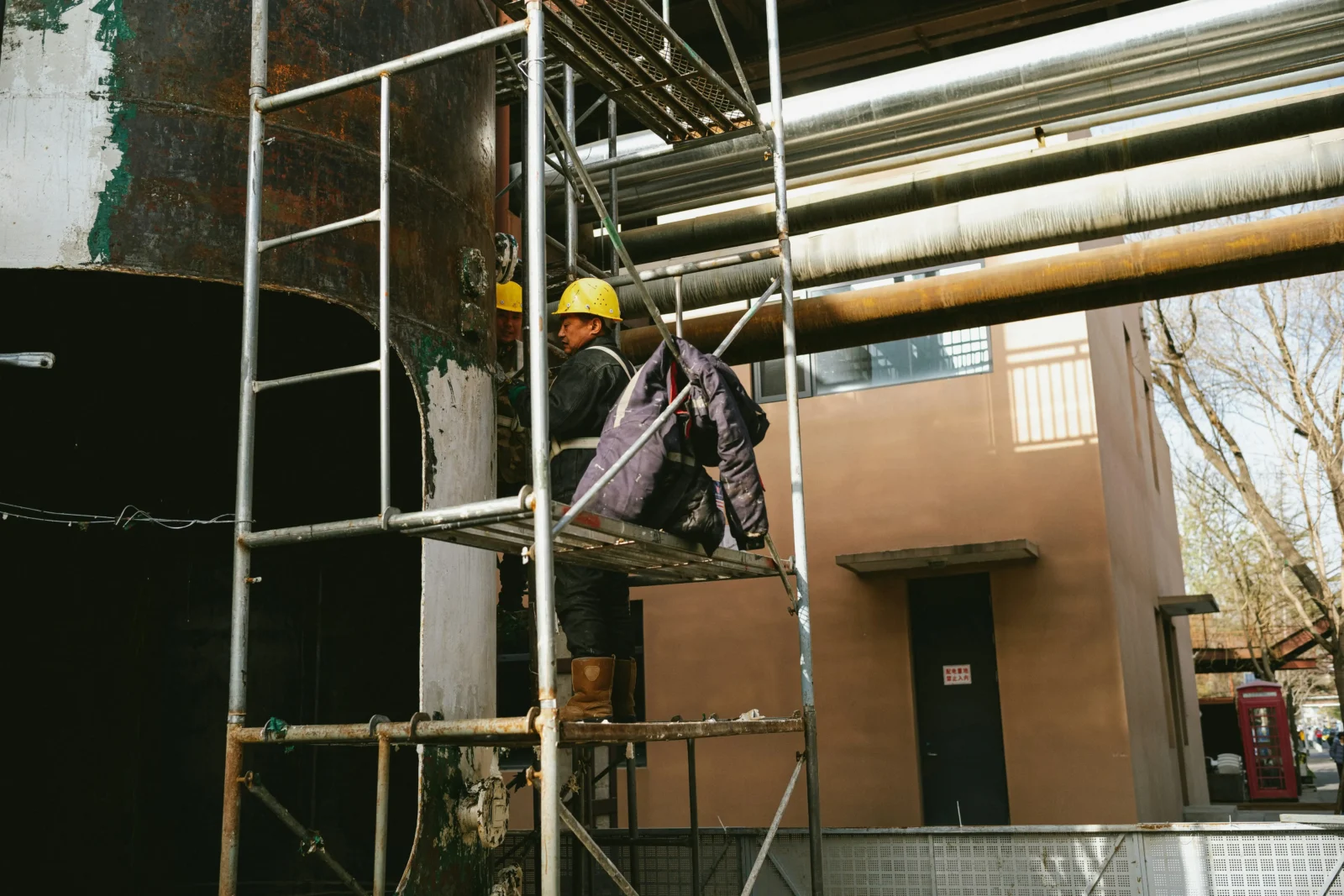- Home
- Articles
- Architectural Portfolio
- Architectral Presentation
- Inspirational Stories
- Architecture News
- Visualization
- BIM Industry
- Facade Design
- Parametric Design
- Career
- Landscape Architecture
- Construction
- Artificial Intelligence
- Sketching
- Design Softwares
- Diagrams
- Writing
- Architectural Tips
- Sustainability
- Courses
- Concept
- Technology
- History & Heritage
- Future of Architecture
- Guides & How-To
- Art & Culture
- Projects
- Interior Design
- Competitions
- Jobs
- Store
- Tools
- More
- Home
- Articles
- Architectural Portfolio
- Architectral Presentation
- Inspirational Stories
- Architecture News
- Visualization
- BIM Industry
- Facade Design
- Parametric Design
- Career
- Landscape Architecture
- Construction
- Artificial Intelligence
- Sketching
- Design Softwares
- Diagrams
- Writing
- Architectural Tips
- Sustainability
- Courses
- Concept
- Technology
- History & Heritage
- Future of Architecture
- Guides & How-To
- Art & Culture
- Projects
- Interior Design
- Competitions
- Jobs
- Store
- Tools
- More

Table of Contents Show
- 15 Practices to Improve Construction Results
- 1. Learn the Details
- 2. Plan the Project
- 3. Communicate With the Team
- 4. Guide With Leadership
- 5. Keep Things Organized
- 6. Monitor the Costs
- 7. Choose the Right Tools
- 8. Rely on Automation
- 9. Put Focus on Safety
- 10. Stay on Schedule
- 11. Keep Track of Trends
- 12. Build Relationships
- 13. Optimize Processes
- 14. Delegate Duties
- 15. Document Your Project
- Last Thoughts
Construction projects include various complicated processes. The company is in charge of assembling a large team of subcontractors and other workers, creating timelines and budgets, buying materials and equipment, and tackling other issues.
Given the large number of moving parts, managing everything on time is nearly impossible. The company will often overpay salaries and materials and have other unplanned expenses. This is why initial planning and strategizing are so important for the project’s success.
In this article, we’ll outline the best construction practices. By following these tips, you’re more likely to meet your deadlines and end up with more money in your pockets.
15 Practices to Improve Construction Results
If you wish to ensure the success of your construction project, you must implement the best managerial practices. Here are 15 tricks that will help you on and off-site.
1. Learn the Details
Even before accepting the job, you need to have all the project details. Furthermore, you should stay in the loop when it comes to current trends, material and employee costs, and other variables.
By having all this information at your disposal, you’ll be much better prepared for unexpected situations. We recommend you confer with various construction specialists, vendors, and clients before taking a job. You should also get acquainted with the latest safety policies and regulations to avoid legal issues.
2. Plan the Project
A common construction plan includes initiation, planning, launch, performance, and close. It’s vital that you introduce milestones, deadlines, and deliverables to measure the project’s success. Don’t be too rigid when introducing the plan; make adjustments according to the current situation in the field.

3. Communicate With the Team
People in the construction business are often poor communicators. However, talking to your staff regularly ensures everyone’s on the same page. Besides workers in the field, you should also share progress with suppliers, clients, and other stakeholders. Don’t be afraid to send out emails and schedule regular meetings to keep things on track.
4. Guide With Leadership
Good leaders know each person by their name. They know workers’ tendencies, specializations, and flaws. If you want to become a better manager, you should put people in positions to succeed and give them valuable feedback. Praise good workers and offer incentives, but also boost confidence in those who are struggling.
5. Keep Things Organized
Good organization is vital for construction projects. You must have full control over deliverables, budgets, schedules, employees, materials, and tasks. Because of that, a good construction time tracking software is necessary. The right software can track processes in real-time and allow you to share instructions with other team members.
6. Monitor the Costs
Construction expenses can increase rapidly if you don’t have full control over your spending. As a manager, it’s your job to minimize material, employee, and equipment costs. Use financial software to keep track of things and update the numbers after every change.
The best way to reduce your expenses is by limiting delays. You can also save money by purchasing materials and equipment in advance.
7. Choose the Right Tools
The use of software is vital in the modern construction business. With the right tools, you’re able to create 3D models of construction sites, monitor employee movements, optimize equipment use, and improve other operations. Furthermore, make sure your workers have smartphones with the necessary apps so you keep them in the loop.
8. Rely on Automation
Due to a large number of standardized processes, automation makes your life that much easier. With the right technology, you can schedule and track equipment maintenance, limit equipment usage, send reports, automatically update expenses, and streamline communication.
9. Put Focus on Safety
Companies that put emphasis on safety are usually the ones that finish their projects on time. On-site injuries can cause major delays and potential lawsuits, but implementing proper training, safety protocols, and equipment will strengthen your reputation with stakeholders. For example, one key aspect of safety is the proper relocation of heavy machinery. Hiring an experienced towing company ensures that large machines are transported securely, which reduces risks and prevents disruptions. This also gives workers peace of mind, knowing that hazardous tasks are handled by professionals. It also alleviates worries on workers’ shoulders.
10. Stay on Schedule
Many construction contracts include penalties for breaching deadliness. This is why it’s vital to introduce milestones and timelines to categorize and split larger tasks. Most importantly, you should be realistic during the planning phase as to how much time you’ll need for the project.
11. Keep Track of Trends
A good construction manager keeps track of the latest trends, technologies, and processes. Reading popular blogs, visiting conferences, and talking to your peers is the best way to stay in the loop. Embrace continuous learning as a part of your daily routine so you can increase the efficiency of your projects.
12. Build Relationships
During a construction project, you’ll form a close relationship with numerous contractors, clients, architects, engineers, and other stakeholders. Maintaining a good rapport will boost the team’s morale and make cooperation smoother. Furthermore, these relationships will help you for future projects.

13. Optimize Processes
The best managers are proactive. They use their past mistakes to enhance future performance. Once you’re done with a project, use these lessons to improve future workflows, planning, and onboarding. Take into account what you’re trying to accomplish and adjust your processes accordingly.
14. Delegate Duties
A common mistake managers make is not relinquishing control. Smart professionals are able to delegate tasks and responsibilities to other team members and give them full freedom. This will reduce your own load while also reducing other employees’ stress. Even if you delegate, you should still periodically check each person’s progress.
15. Document Your Project
After each milestone, you should gather relevant documents and send reports to stakeholders. Keeping them updated will increase their satisfaction while also preventing delays that might occur due to late document signing. We recommend you store these files on the cloud and in a physical form.
Last Thoughts
By following these tips, you’ll significantly improve the efficiency and effectiveness of your construction processes. With these best practices, you’re able to eliminate many sources of delays while also ensuring high team satisfaction.
illustrarch is your daily dose of architecture. Leading community designed for all lovers of illustration and #drawing.
Submit your architectural projects
Follow these steps for submission your project. Submission FormLatest Posts
Drones in Modern Construction: Redefining Site Analysis and Architectural Control
Drones are reshaping modern construction by offering architects new ways to observe,...
Overcoming Industrial Construction Challenges
Table of Contents Show Start With Risk-First Planning, Not Wishful SchedulingProtect Safety...
The Role of Insurance in Building a Resilient Construction Business
Table of Contents Show Contract Works Insurance: Protects materials and work in...
Specialised Construction Services: From Foundations to Site Clearance
Table of Contents Show The Role of Specialist ContractorsWhy Specialisation MattersFinding the...












Leave a comment